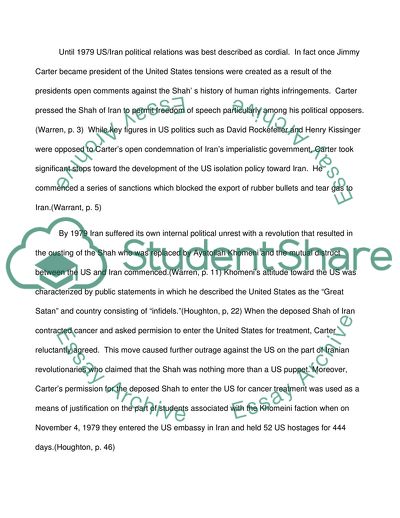Cite this document
(The Consequences of 9/11 on American Relations with the Muslim World Coursework, n.d.)
The Consequences of 9/11 on American Relations with the Muslim World Coursework. https://studentshare.org/politics/1709425-the-consequences-of-911-on-american-relations-with-the-muslim-world
The Consequences of 9/11 on American Relations with the Muslim World Coursework. https://studentshare.org/politics/1709425-the-consequences-of-911-on-american-relations-with-the-muslim-world
(The Consequences of 9/11 on American Relations With the Muslim World Coursework)
The Consequences of 9/11 on American Relations With the Muslim World Coursework. https://studentshare.org/politics/1709425-the-consequences-of-911-on-american-relations-with-the-muslim-world.
The Consequences of 9/11 on American Relations With the Muslim World Coursework. https://studentshare.org/politics/1709425-the-consequences-of-911-on-american-relations-with-the-muslim-world.
“The Consequences of 9/11 on American Relations With the Muslim World Coursework”. https://studentshare.org/politics/1709425-the-consequences-of-911-on-american-relations-with-the-muslim-world.


